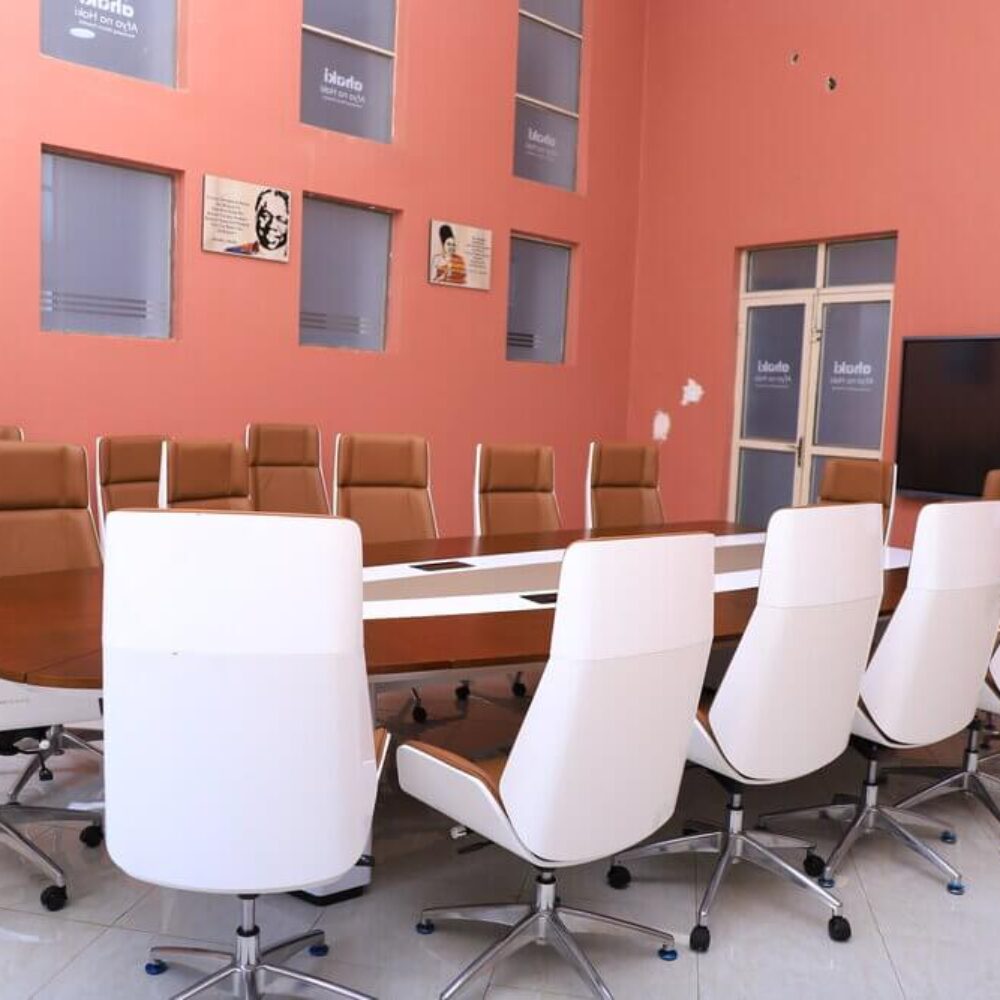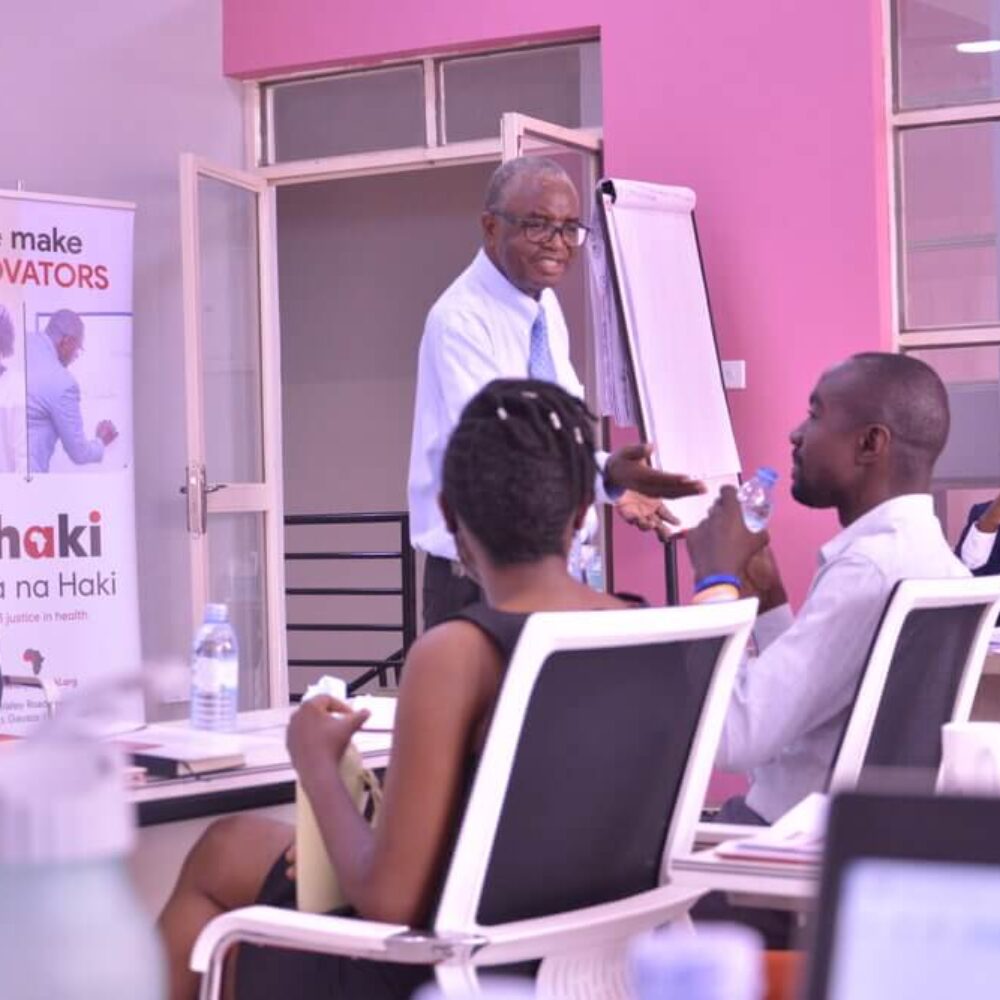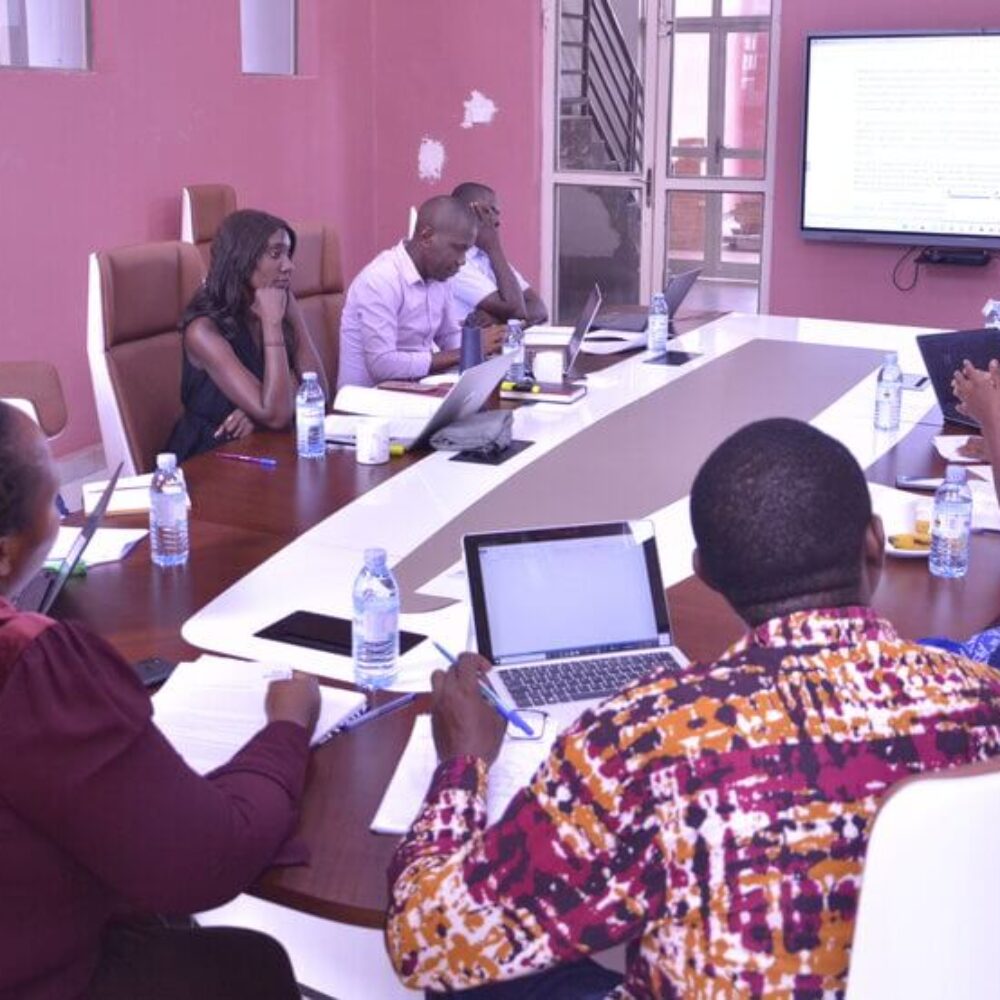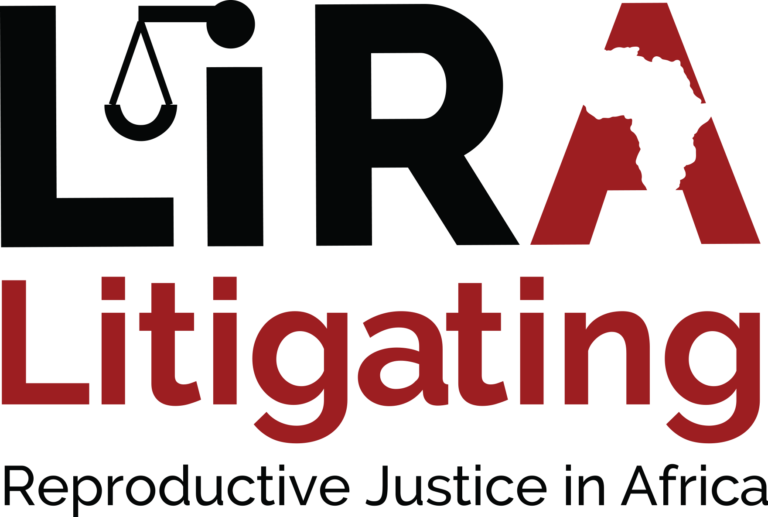South Africa
South Africa’s journey towards comprehensive sexual and reproductive health rights (SRHR) began with its post-apartheid constitution in 1996. This groundbreaking document laid the foundation for one of the most progressive legal frameworks for reproductive rights globally.
At the heart of this framework lies Section 27 of the South African Constitution. This pivotal section enshrines the right of every individual to access health care services, including reproductive health care. It goes further, ensuring rights to sufficient food, water, and social security – recognizing that reproductive health is intrinsically linked to broader socio-economic factors.
Acts
Cases
Policies
Building on this constitutional foundation, South Africa took a giant leap forward with the introduction of the Choice on Termination of Pregnancy Act (CTOPA) in 1996. This landmark legislation repealed the restrictive Abortion and Sterilization Act of 1975, ushering in a new era of reproductive freedom. The CTOPA is widely regarded as one of the most progressive abortion laws globally, emphasizing a woman’s right to safe, legal, and accessible abortion services.
The CTOPA provides a nuanced approach to abortion access, recognizing the complexities of individual circumstances. During the first 12 weeks of gestation, a woman can request an abortion without restriction. From the 13th to the 20th week, the law considers a broader range of factors, including risks to the woman’s physical or mental health, potential fetal abnormalities, and significantly, the social or economic impact of the pregnancy on the woman’s life. After the 20th week, abortions are permitted only under specific circumstances that pose serious risks to the woman or fetus.
Importantly, the law places the informed consent of the woman at the center of the decision-making process. It even extends this right to minors, allowing those under 18 to request abortions without parental consent – a provision that recognizes the autonomy of young women in making decisions about their bodies and futures.
To ensure safe procedures, the CTOPA stipulates that abortions must be performed by qualified medical practitioners or, in early stages, by trained midwives. It also specifies the types of facilities where these procedures can take place, balancing accessibility with medical safety.
- Policies and Guidelines
South Africa’s commitment to SRHR extends beyond legislation to comprehensive policies and guidelines. The National Integrated Sexual Reproductive Health and Right Policy of 2020 serves as an umbrella framework, consolidating various aspects of SRHR into a cohesive approach. This policy brings together guidelines on contraception, safe conception, infertility, termination of pregnancy, sexually transmitted infections, and cancer control and management.
Complementing this overarching policy are the General Ethical Guidelines for Reproductive Health. These guidelines protect women from potential biases, ensuring that healthcare providers offer objective information and counseling regardless of their personal beliefs. They emphasize that practitioners cannot impose their religious or cultural convictions regarding abortion on those with different attitudes.
The National Contraception and Fertility Planning Policy and Service Delivery Guidelines, updated in 2018, further strengthen the SRHR framework. This policy aligns with South African legislative principles and values, as well as international and African treaties and agreements to which South Africa is a signatory.
Even labor laws have been adjusted to support reproductive rights. The Basic Conditions of Employment Act (BCEA), which came into effect in 1998, extended unpaid maternity leave from three to four months, recognizing the importance of supporting new mothers in the workplace.
- Progression of SRHR Case Law in South Africa
The evolution of SRHR in South Africa hasn’t been without challenges, and the courts have played a crucial role in interpreting and upholding these rights. Two significant cases brought by the Christian Lawyers’ Association have helped to cement and clarify the legal standing of SRHR in the country.
In 1998, the Christian Lawyers’ Association sought to have the Choice of Termination of Pregnancy Act declared unconstitutional. They argued that it violated a fetus’s right to life under Section 11 of the 1996 South African Constitution. This case was a pivotal moment in South African reproductive rights law. The court’s decision was clear and groundbreaking: it found that a fetus is not a person and does not have a right to life under the constitution. Furthermore, the court affirmed that the right to make decisions concerning reproduction, as contained in Section 12 of the Bill of Rights, protects a woman’s right to decide whether or not to have an abortion. This ruling solidified the legal foundation for abortion rights in South Africa.
The second significant case came in 2004, when the Christian Lawyers Association of South Africa challenged the Minister of Health over an amendment to the CTOPA. This amendment allowed minors above the age of 12 to terminate their pregnancies without informing or seeking the consent of their parents. Once again, the court sided with reproductive rights. It found that the Constitution protects the right of a woman to determine the fate of her own pregnancy and that the State may not unduly interfere with a woman’s right to choose whether or not to undergo an abortion. The court recognized that some women, both above and below the age of 18, are capable of giving informed consent, and for these women, no additional assistance is required.
These cases demonstrate the judiciary’s commitment to upholding the spirit of the constitution and the CTOPA. They have played a crucial role in interpreting the law and ensuring that the progressive intent of South Africa’s SRHR legislation is maintained in practice.
Through this combination of robust legislation, comprehensive policies, and supportive case law, South Africa has created a framework for SRHR that stands as a model of progressive thinking in reproductive rights. It recognizes that true reproductive freedom is not just about the right to choose, but also about creating an environment where those choices can be meaningfully exercised. While challenges remain in implementation and access, particularly in rural areas, South Africa’s experience offers valuable lessons to the world, demonstrating that with political will and a rights-based approach, it is possible to create a comprehensive framework that respects and protects the reproductive autonomy of all individuals.








